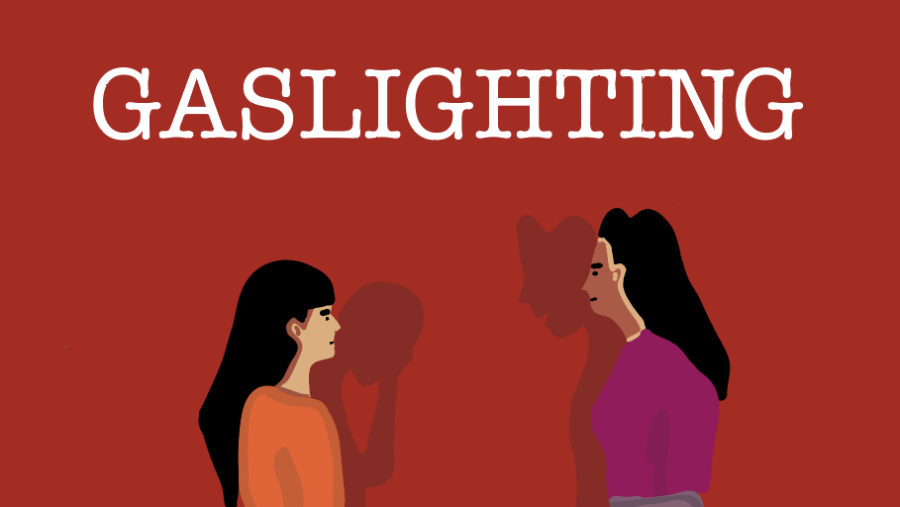
What is gas-lighting?
Gas-lighting is a form of psychological or emotional abuse and different techniques designed to get control of another person. The person who is doing the gas lighting repeatedly or challenges the realization of their victims off-kilter and make them question themselves. For example the gas lighter might use their ADHD diagnosis against them.
What are some gas-lighters behavior?
Some of the gas-lighters behavior may tell their partner that you didn’t see or hear something, telling you that other people think you are crazy, putting people against you and obsessively accusing you of cheating. A gas lighter may also tell their parent that they do not need to take their ADHD medication because your partner knows better than some doctors do.
What are the signs you should look for if you are being gas lighted?
Being subjected to gas lighting it’s important to look for the signs and ask yourself any of the following statement
-You doubt your feelings and reality: You try to convince yourself that the treatment you receive is not that bad or that you are too sensitive.
-You question your judgment and perceptions: You are afraid of speaking up or expressing your emotions. You have learned that sharing your opinion usually makes you feel worse in the end, so you stay silent instead.
-You feel vulnerable and insecure: You often feel like you “walk on eggshells” around your partner, friend, or family member. You also feel on edge and lack self-esteem.
-You feel alone and powerless: You are convinced that everyone around you thinks you are “strange,” “crazy,” or “unstable,” just like the person who is gas lighting you says you are. This makes you feel trapped and isolated.
-You wonder if you are what they say you are: The person who gaslights you says words make you feel like you are wrong, unintelligent, inadequate, or insane. Sometimes, you even find yourself repeating these statements to yourself.
-You are disappointed in yourself and who you have become: For instance, you feel like you are weak and passive, and that you used to be stronger and more assertive.
-You feel confused: The behavior of the person gas lighting you confuses you, almost as if they are Dr. Jekyll and Mr. Hyde.
-You worry that you are too sensitive: The person minimizes hurtful behaviors or words by saying “I was just joking” or “you need thicker skin.”
-You have a sense of impending doom: You feel like something terrible is about to happen when you are around this person. This may include feeling threatened and on edge without knowing why.
-You spend a lot of time apologizing: You feel the need to apologize all the time for what you do or who you are.
-You feel inadequate: You feel like you are never “good enough.” You try to live up to the expectations and demands of others, even if they are unreasonable.
-You second-guess yourself: You frequently wonder if you accurately remember the details of past events. You may have even stopped trying to share what you remember for fear that it is wrong.
-You assume others are disappointed in you: You apologize all the time for what you do or who you are, assuming people are let down by you or that you have somehow made a mistake.
-You wonder what’s wrong with you: You wonder if there’s something fundamentally wrong with you. In other words, you worry that you are not well mentally.
-You struggle to make decisions because you distrust yourself: You would rather allow your partner, friend, or family member to make decisions for you and avoid decision-making altogether.
What to Do If Someone Is Gas lighting You?
If you are a women with ADHD and you are experiencing gas lighting, there are some strategies you can take to protect yourself.
Step Away- It can be very helpful to step away from the emotions that gas lighting can bring on. Physically leaving the situation can help, but you might also try using some relaxation techniques such ad deep breathing or grounding exercises.
Set up Boundaries- When you set up boundaries it tells other people what you are willing to accept in a relationship. Make it clear that you won’t allow the other person to engage in actions such as trivializing or denying what you have to say.
Get another person’s perspective: Talk to a friend or family member about what you are going through. Having another person’s perspective can help make the situation clearer to you.